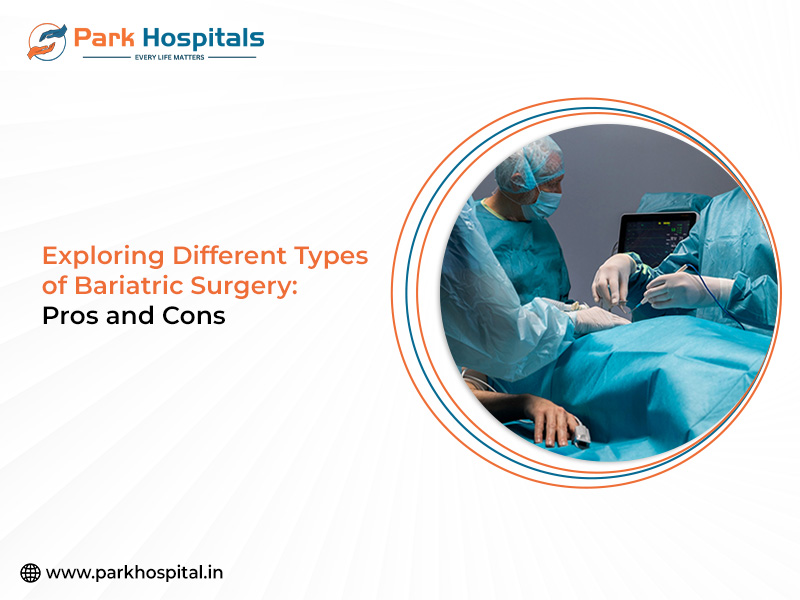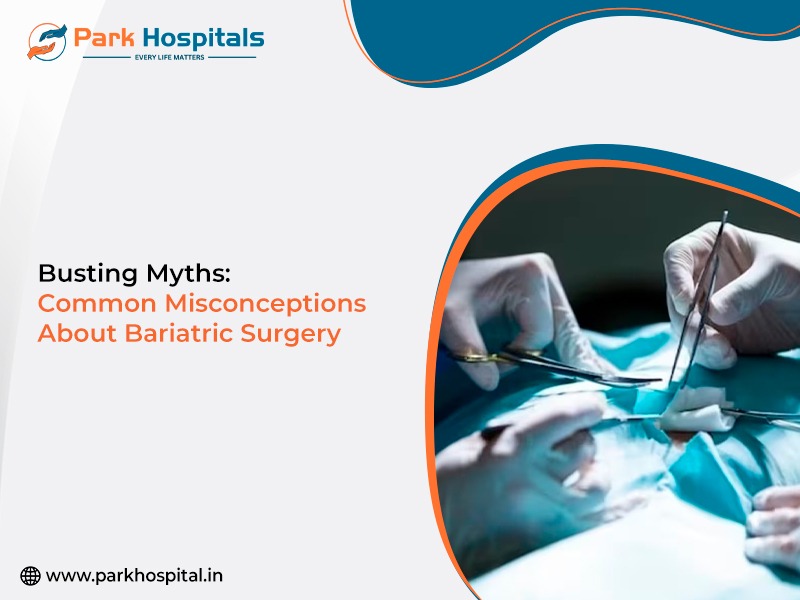When we think of bariatric surgery, we often imagine it simply as a way to lose excess weight. However, the impact of this procedure extends far beyond the visible changes in body size. As suggested by the Top bariatric surgeon in Delhi, Bariatric surgery serves as a powerful metabolic intervention that reshapes your internal health—starting with your gut. One of the most fascinating and less talked about aspects of this transformation is its influence on the gut microbiome, the complex ecosystem of bacteria living in your digestive tract.
The gut microbiome refers to the trillions of bacteria, fungi, and other microorganisms in your gastrointestinal tract. These microbes play a crucial role in digestion, immunity, mood regulation, and, most importantly, metabolism. A healthy and diverse microbiome helps break down food efficiently, produce vital nutrients, and keep harmful pathogens at bay. But when this balance is disrupted—often through poor diet, obesity, or illness—it can lead to inflammation, insulin resistance, and other metabolic disorders.
How Bariatric Surgery Affects the Microbiome
Gastric bypass surgical procedures, as well as sleeve gastrectomy, perform multiple functions beyond recent stomach dimensions. Both gastric bypass and sleeve gastrectomy serve to transform the core environment inside the gut. Bariatric surgical techniques modify intestinal food absorption alongside gut hormone and intestinal acid levels, thus reshaping conditions where microbial life can thrive. Post-surgical adaptation causes major changes to the microbiome, which produces multiple health benefits.
1. Shift in Bacterial Species: Gut bacteria dramatically change their makeup after bariatric surgery, according to research findings. The obesity-related bacterial species Firmicutes decrease after the microbiome shifts into a healthy composition dominated by weight loss-linked Bacteroidetes. A change in bacterial populations enhances the body's metabolism of food while improving its ability to extract usable energy. The beneficial bacteria Akkermansia muciniphila, along with other valuable species, tend to thrive in the gut after bariatric surgery while inflammation and gut barrier integrity improve.
2. Reduced Gut Inflammation: Persistent inflammation plays a leading role in triggering metabolic syndrome along with connected health conditions. Through bariatric surgery, the gut acquires anti-inflammatory microbes, which help reduce inflammation by calming down the gut lining and lowering systemic inflammation. Bariatric surgery's anti-inflammatory effects lead to better gut health, which subsequently protects the cardiovascular system and contributes to liver health and organs that are alternative to chronic metabolic strain.
3. Improved Insulin Sensitivity: One of the most striking outcomes of bariatric surgery is the rapid improvement in insulin sensitivity, often observed even before significant weight loss occurs. Changes in the gut microbiome are thought to play an essential role in this phenomenon. By promoting bacteria that enhance glucose metabolism and reduce insulin resistance, the surgery by the Top bariatric surgeon in Delhi helps many patients achieve better blood sugar control, even to the point of reversing type 2 diabetes in some cases.
4. Increased Production of Short-Chain Fatty Acids (SCFAs): Short-chain fatty acids like butyrate, propionate, and acetate are produced when beneficial gut bacteria ferment dietary fibre. These SCFAs have powerful anti-inflammatory properties and play a critical role in maintaining gut barrier function, regulating appetite, and modulating metabolism. After bariatric surgery, the increase in SCFA-producing bacteria contributes to improved metabolic outcomes and gut health.
Impact on Metabolism and Appetite
Beyond microbial changes, bariatric surgery by the Best bariatric surgeon in Delhi ncr alters the hormonal signals between your gut and brain. Levels of hunger hormones like ghrelin decrease, while satiety hormones like GLP-1 and PYY increase. These shifts help reduce appetite and improve feelings of fullness, making it easier to maintain a healthy diet and lifestyle. The enhanced microbiome also supports this new hormonal balance, creating a synergistic effect on metabolism.
Optimizing Gut Health After Surgery
While bariatric surgery initiates a positive transformation in the gut microbiome, long-term success depends on maintaining these changes. A diet rich in fibre, probiotics, and nutrient-dense foods supports microbial diversity and stability. Regular exercise, hydration, and avoiding unnecessary antibiotics also contribute to a healthier gut. Patients should work closely with their healthcare providers and nutritionists to create a sustainable plan for post-surgery gut health.
Conclusion: A New Beginning for Your Body
Bariatric surgery is not just a weight-loss tool it's a metabolic reset. Transforming your gut microbiome and recalibrating hormones can genuinely help you in reversing severe conditions such as type 2 diabetes, fatty liver disease, and high cholesterol.
At Park Hospital, our multidisciplinary approach ensures that you're supported every step of the way from initial consultation to lifelong health maintenance. We don't just help you lose weight, we help you gain control over your health from the inside out.
If you are also somebody who is considering getting bariatric surgery or just wishes to learn more about how it could improve your metabolic and gut health, the Best bariatric surgeon in Delhi at Park Hospital are here to guide you.
Also Read: Exploring Different Types of Bariatric Surgery: Pros and Cons





